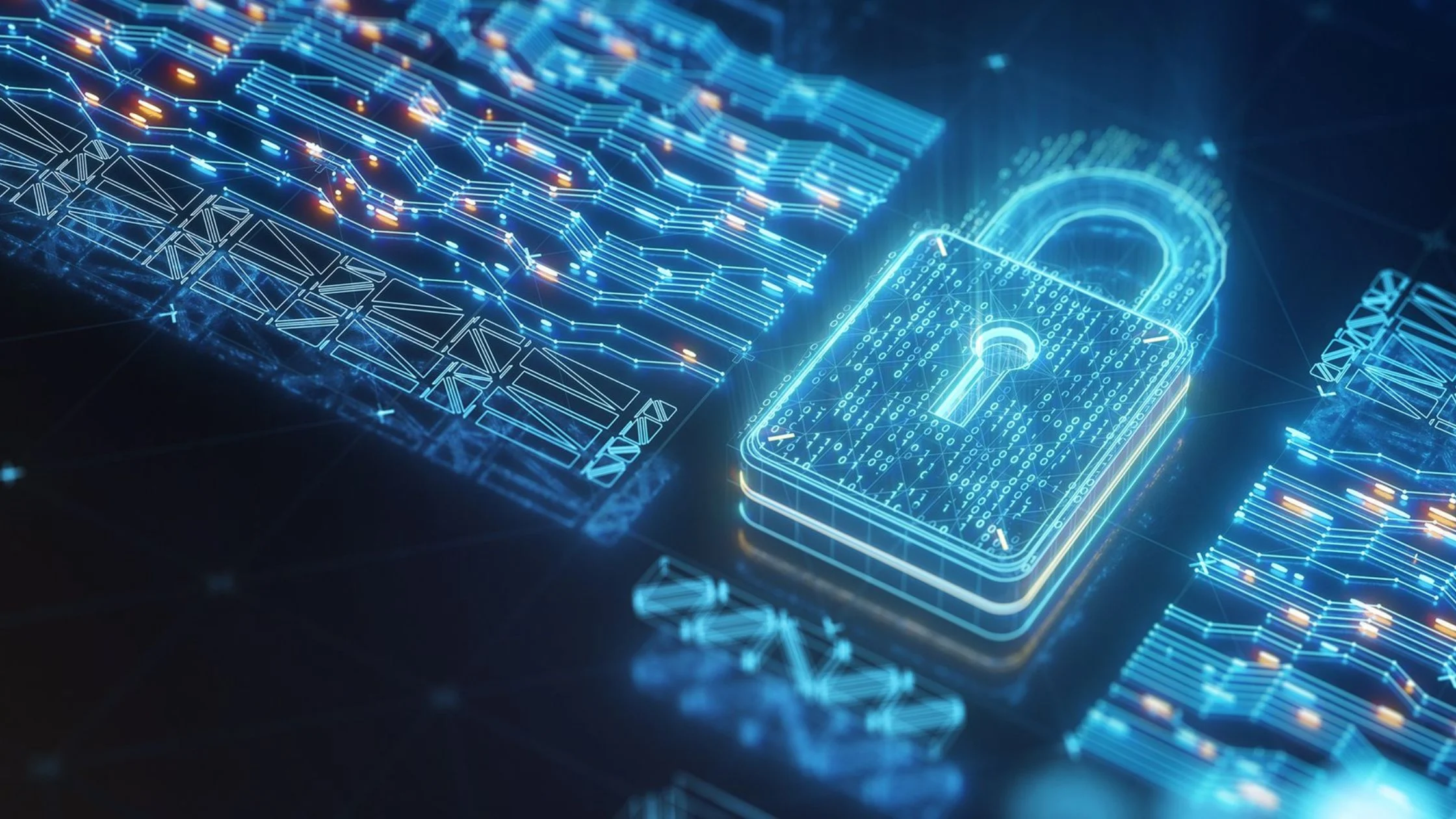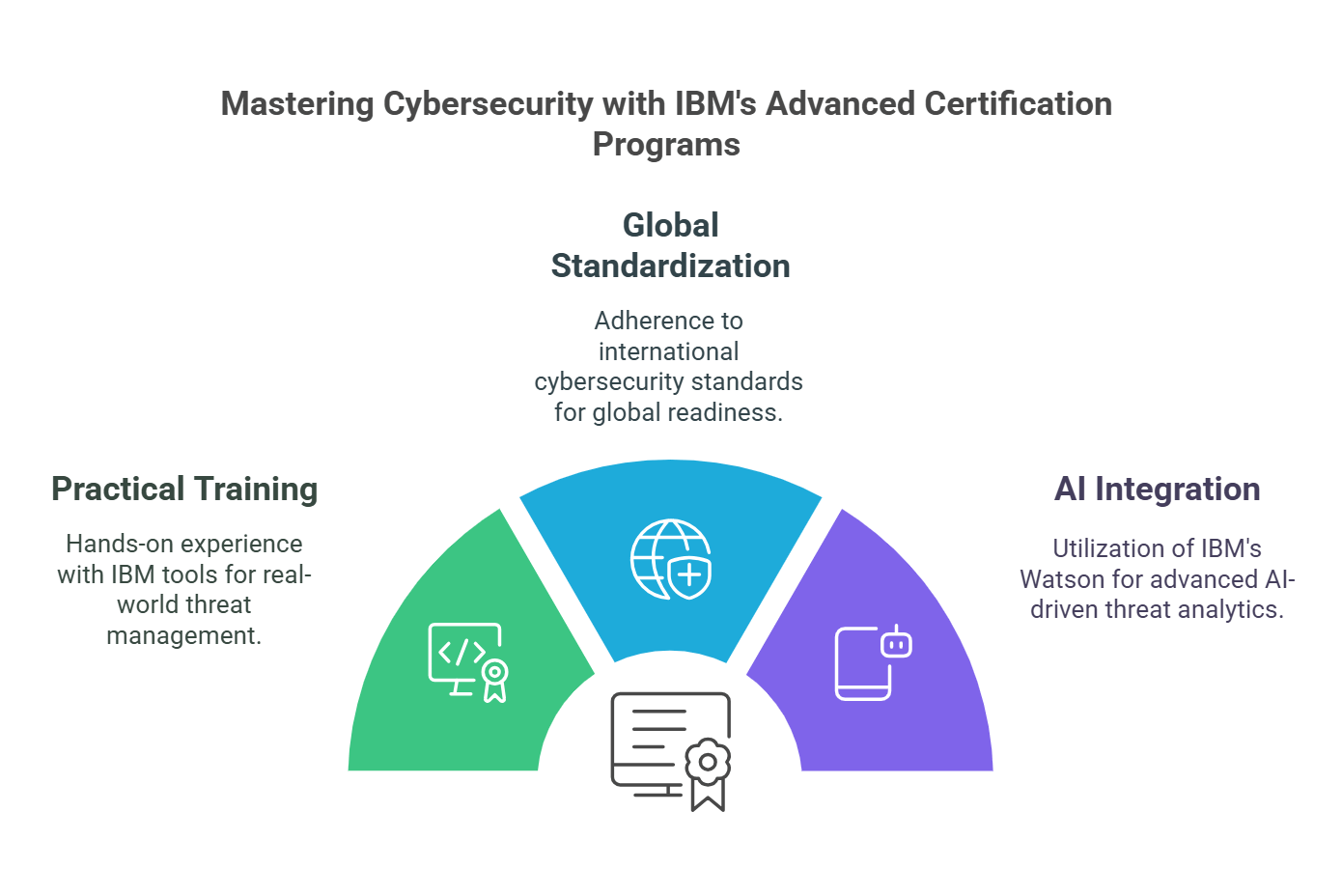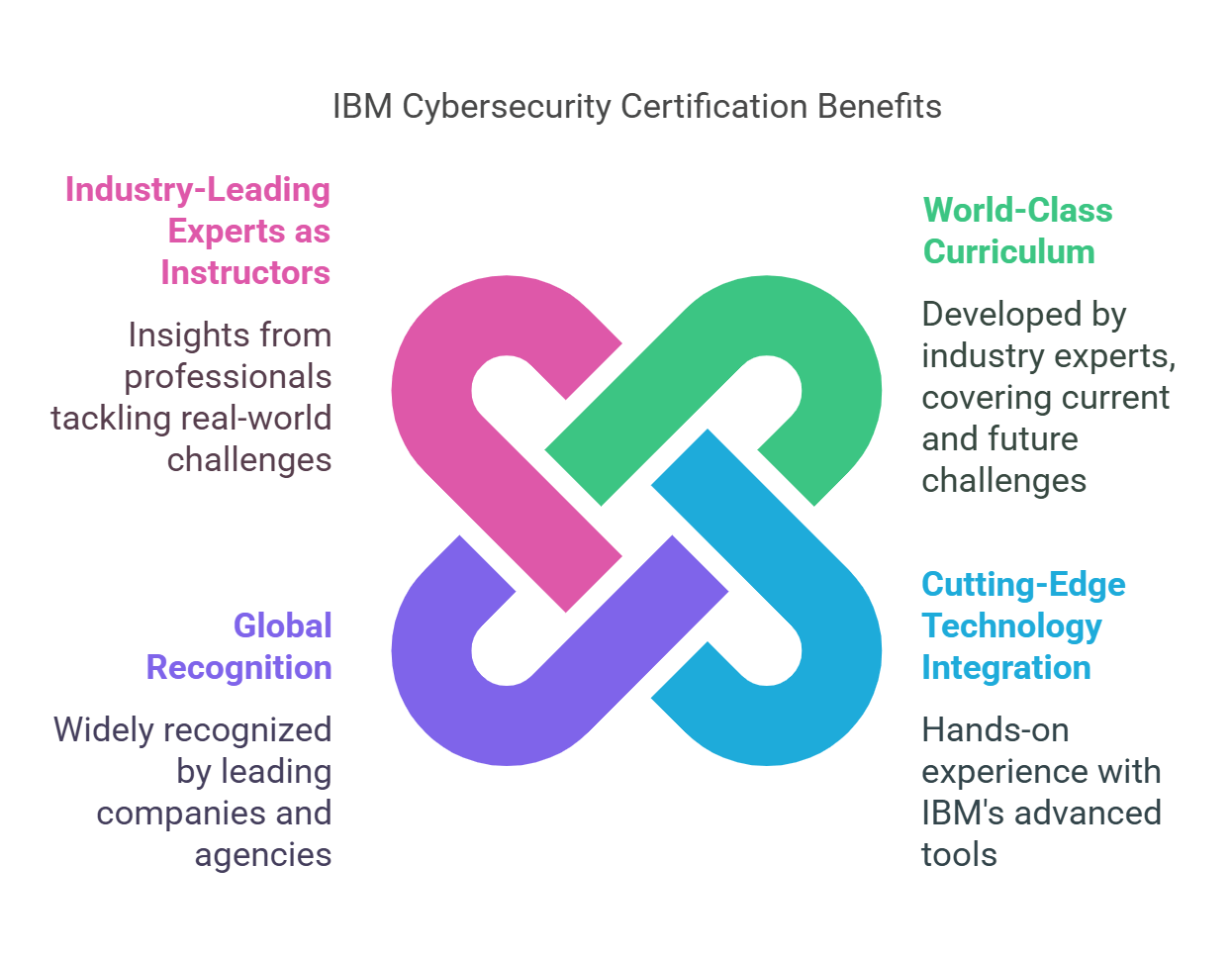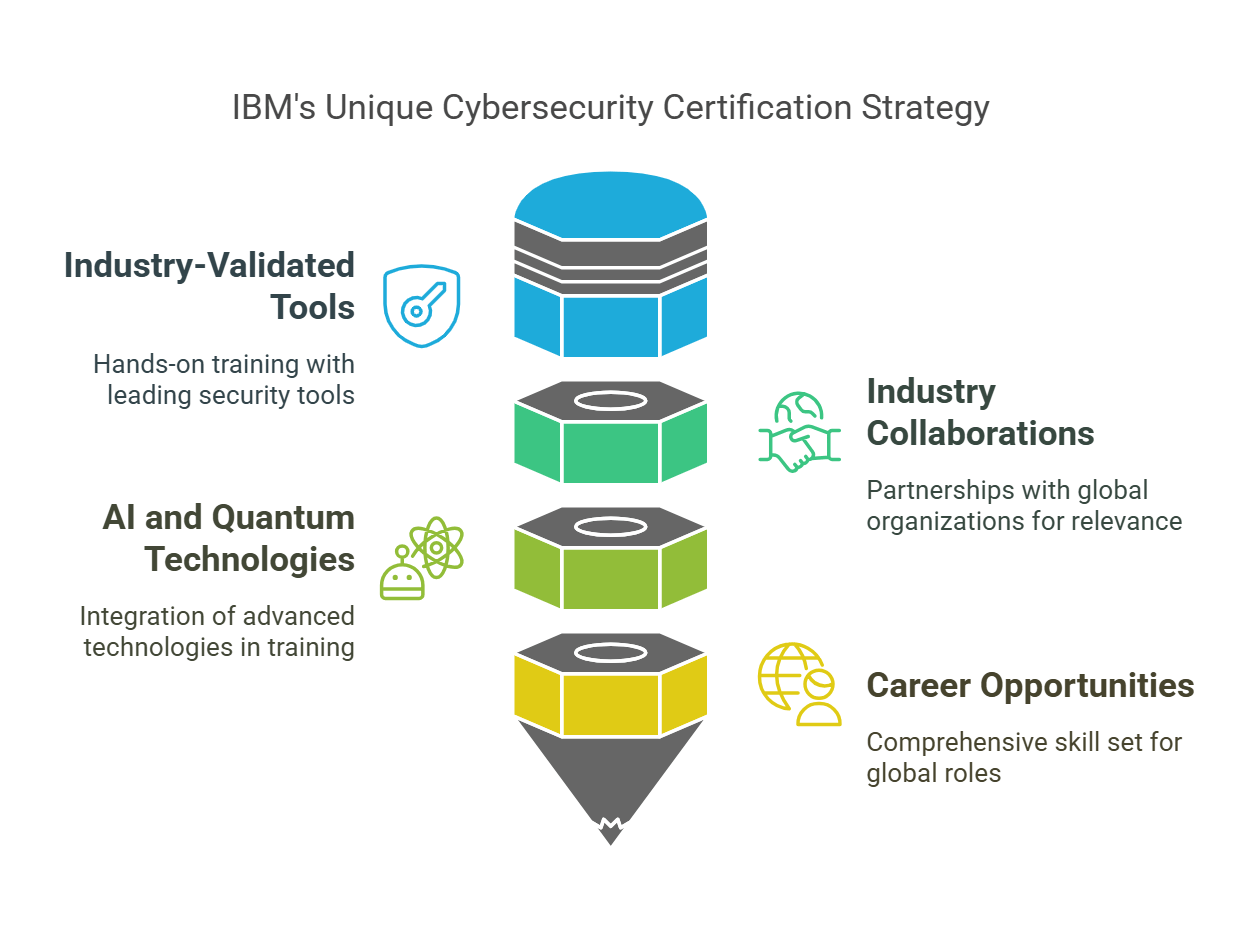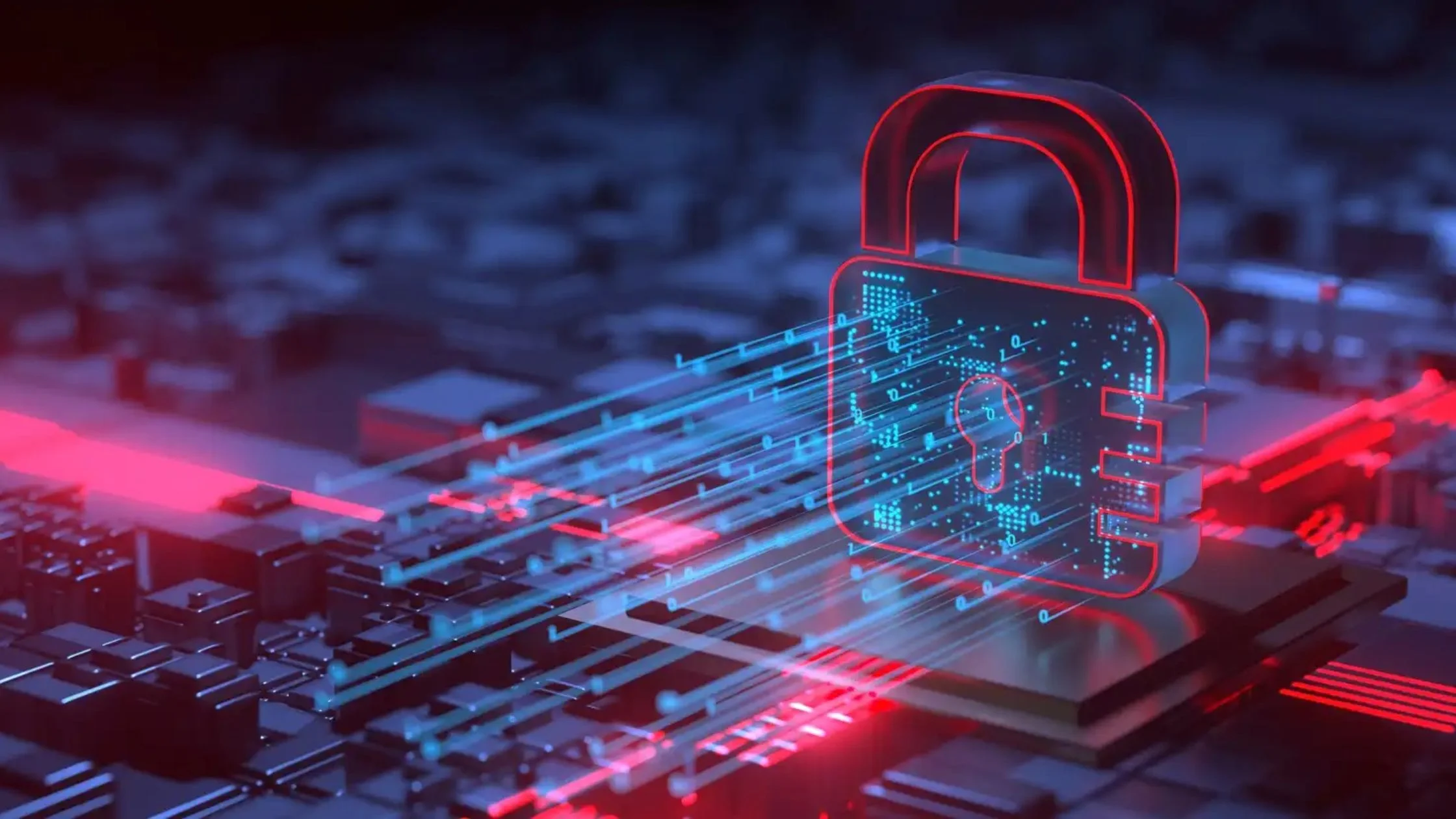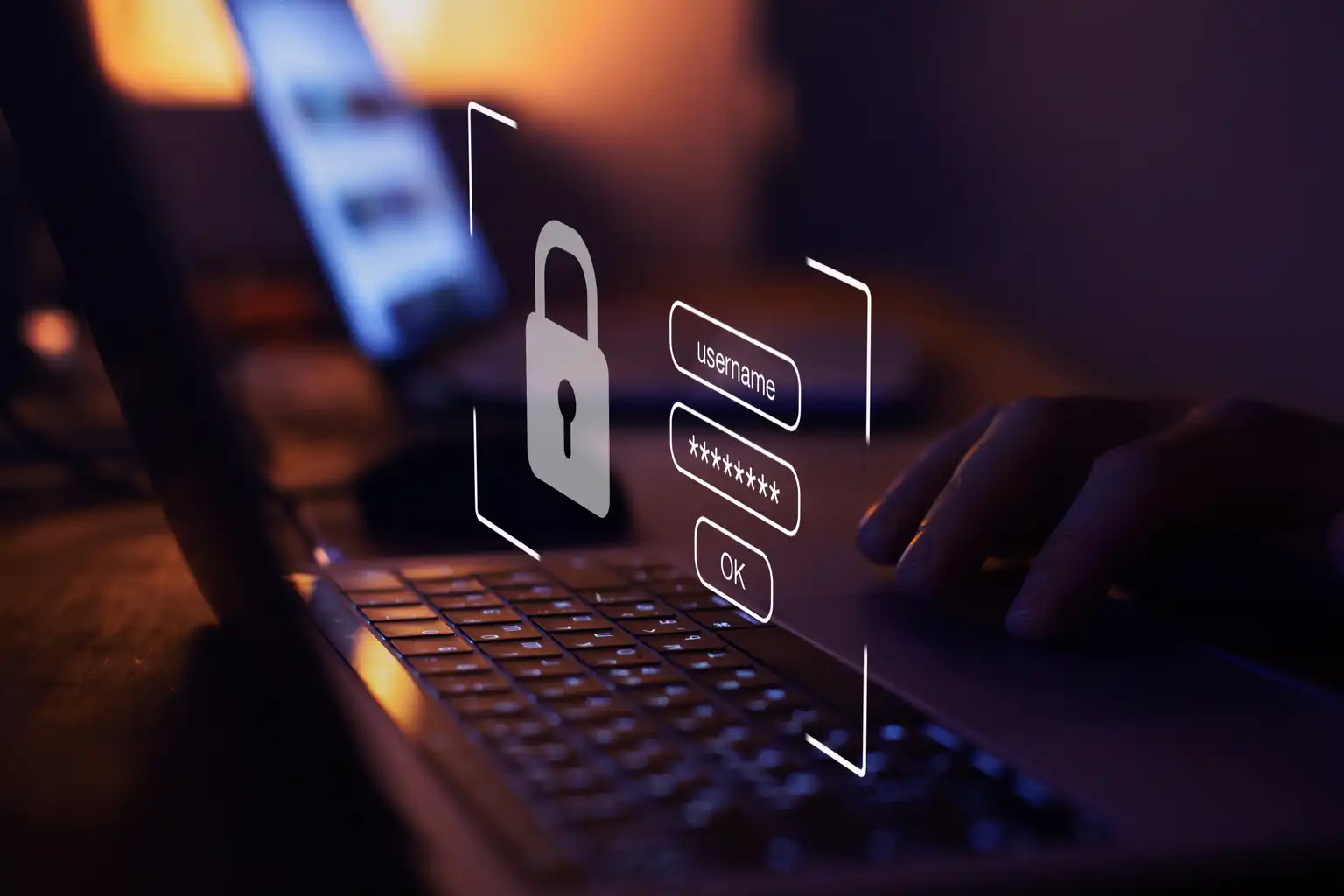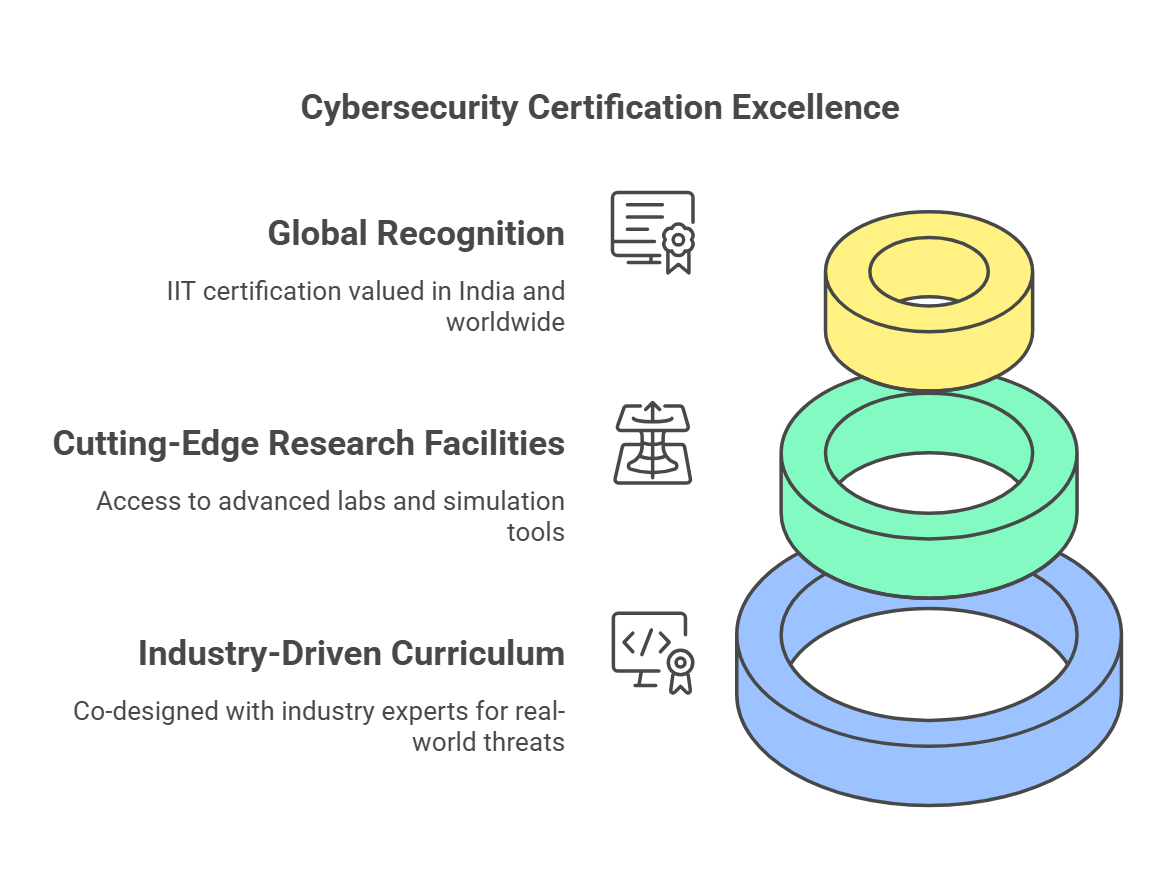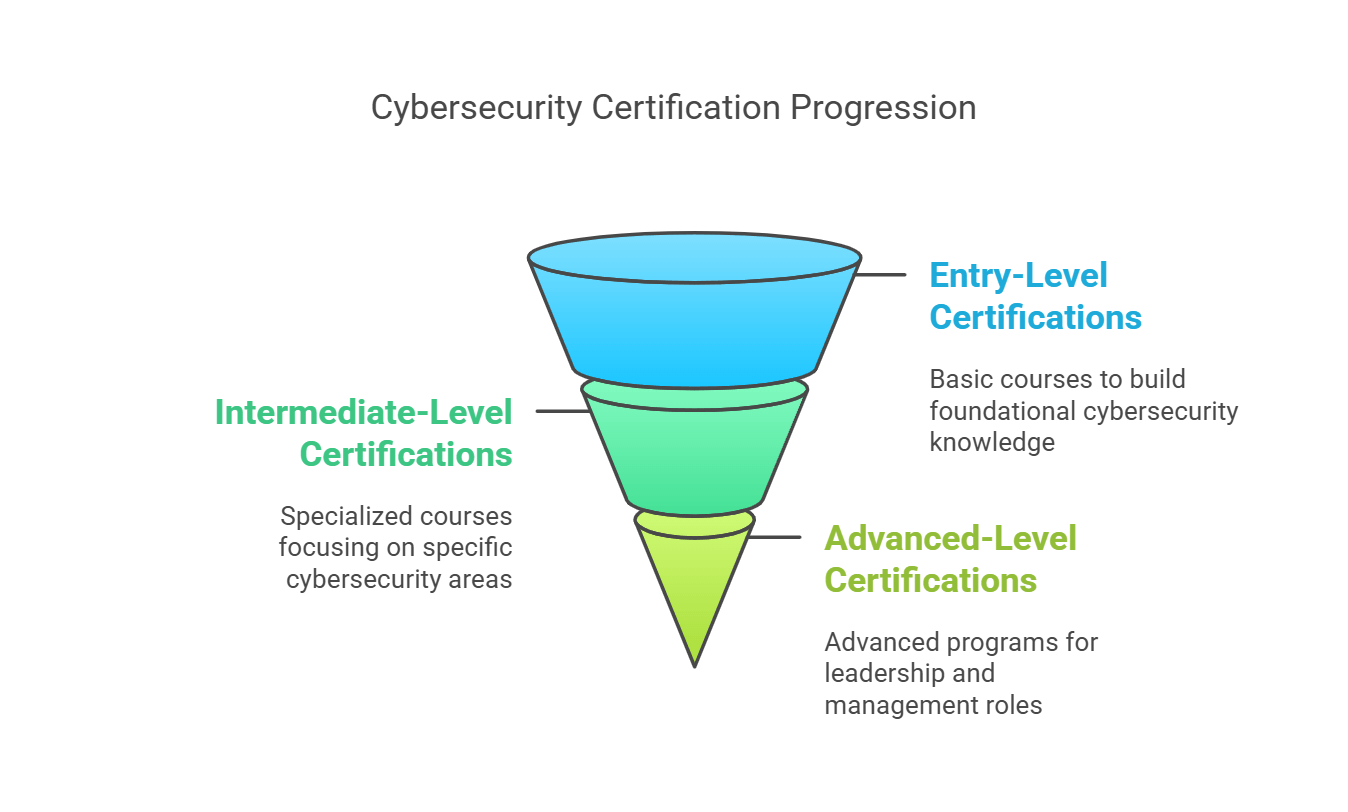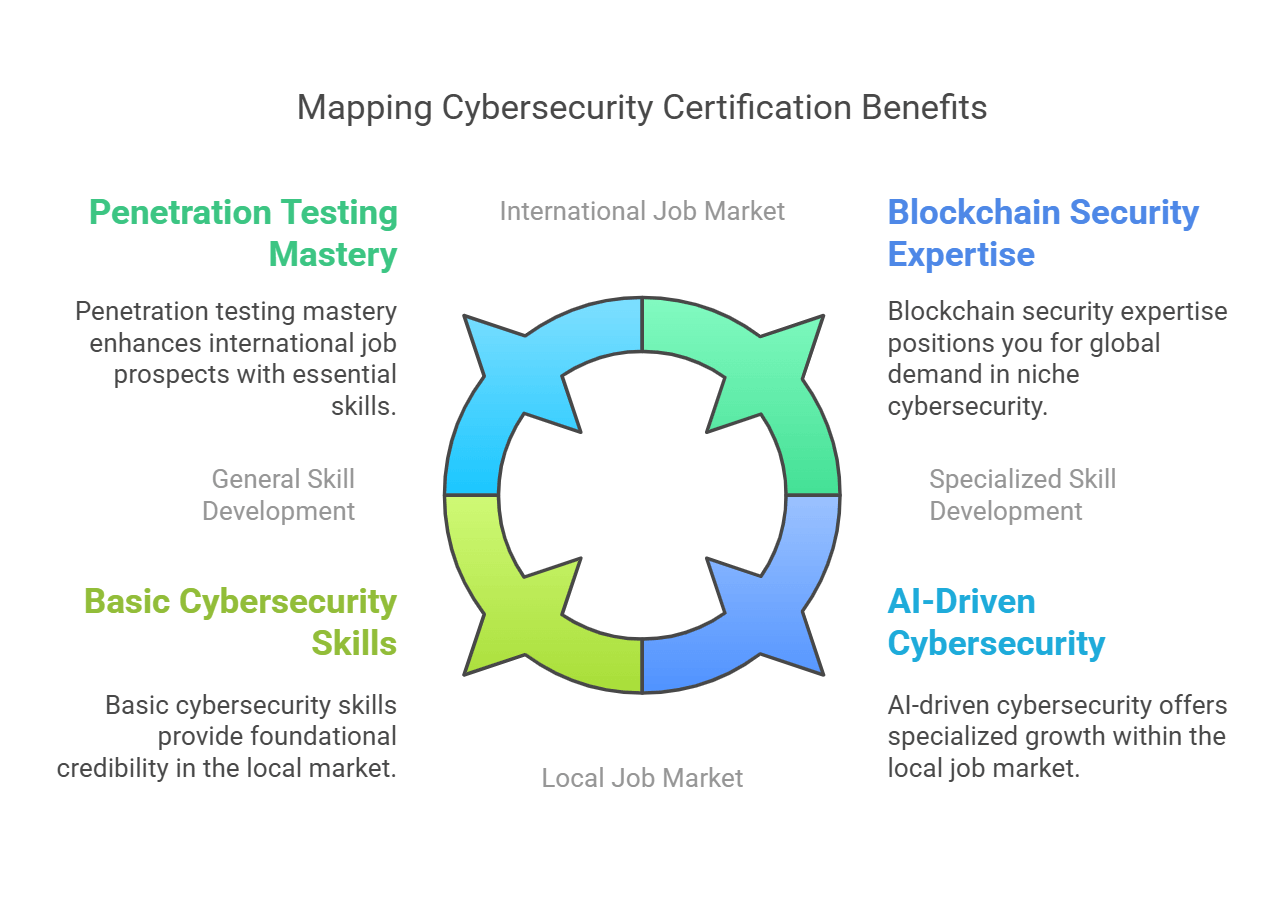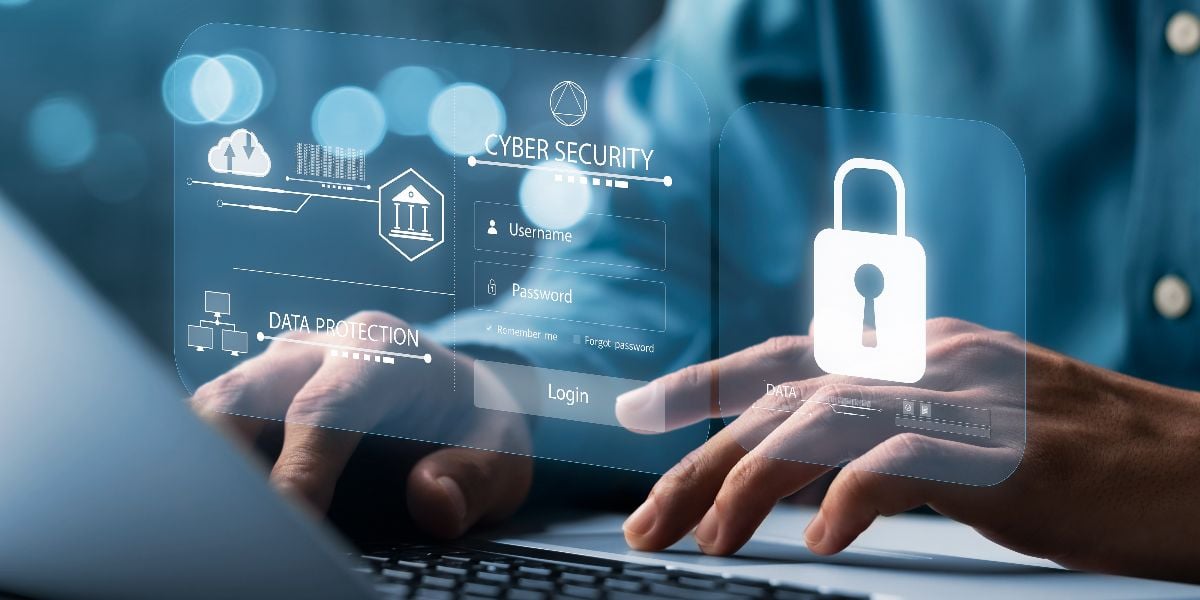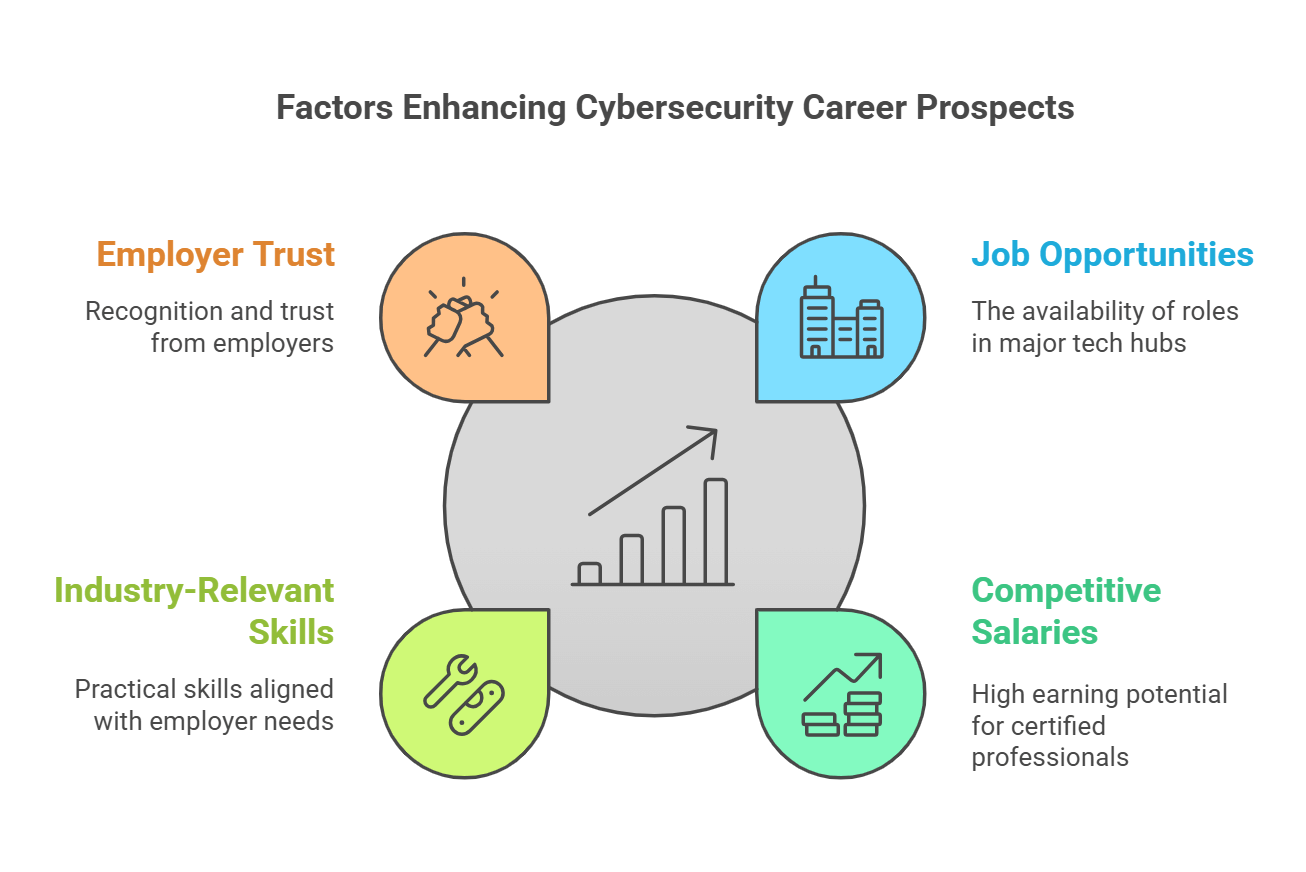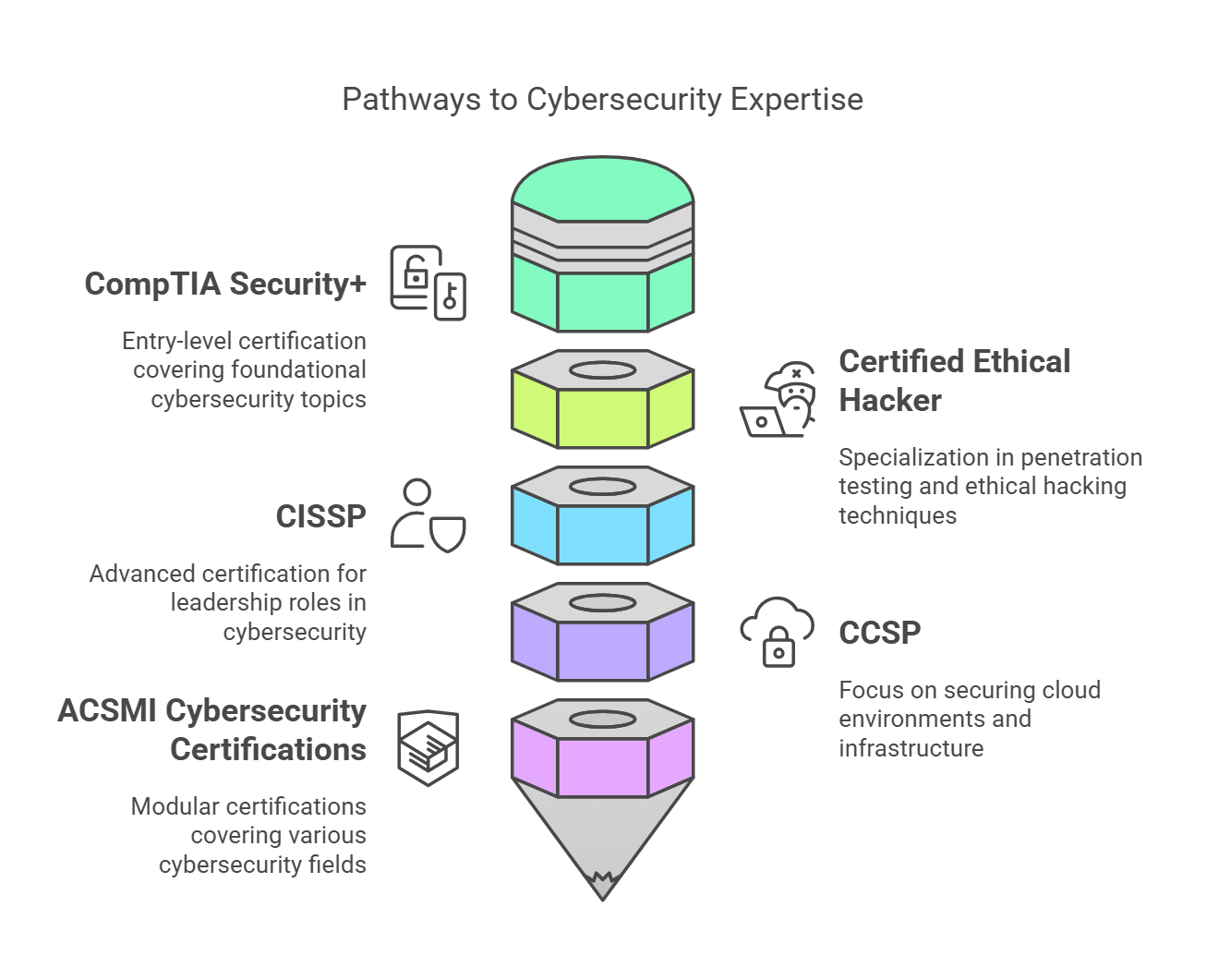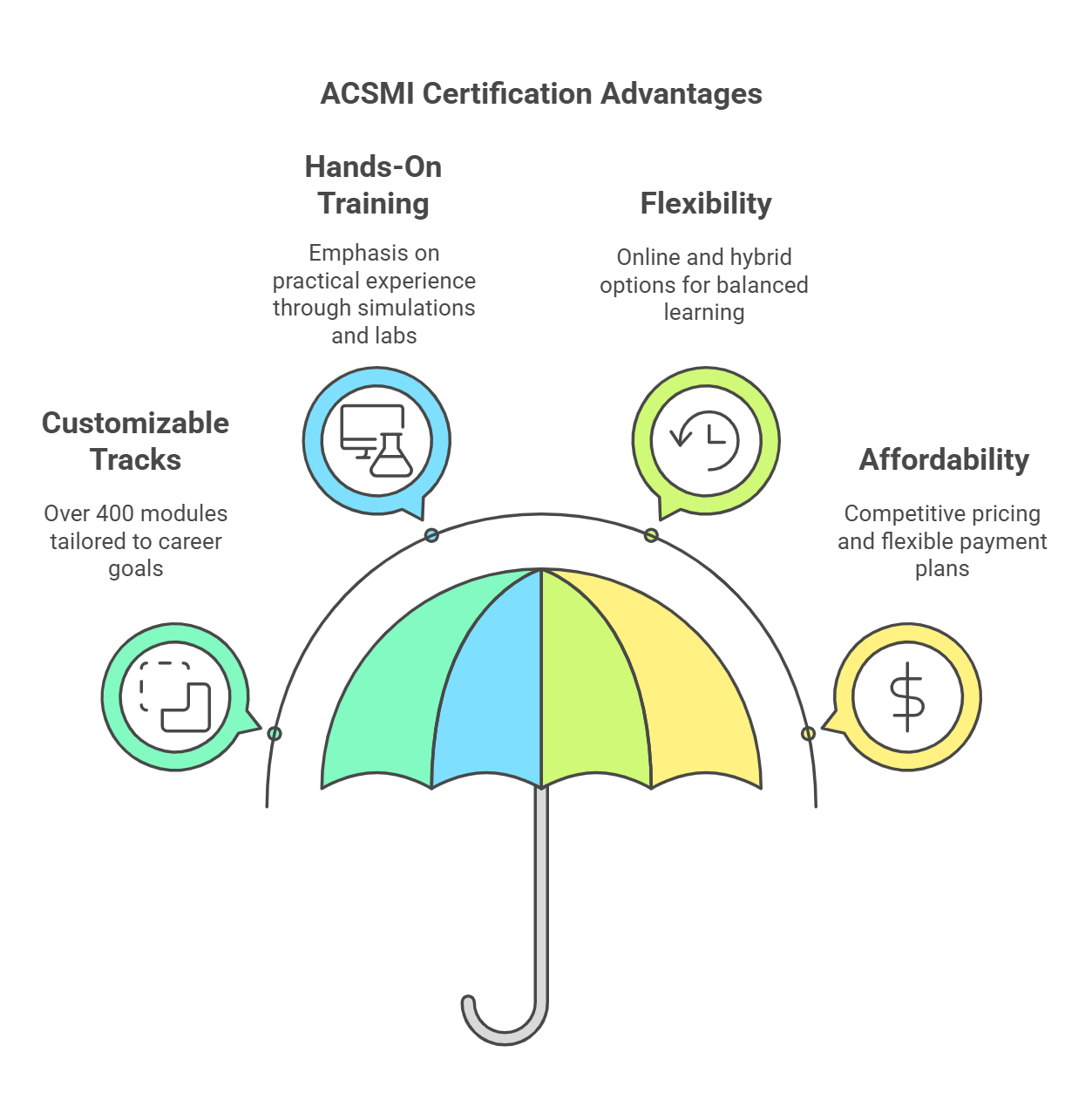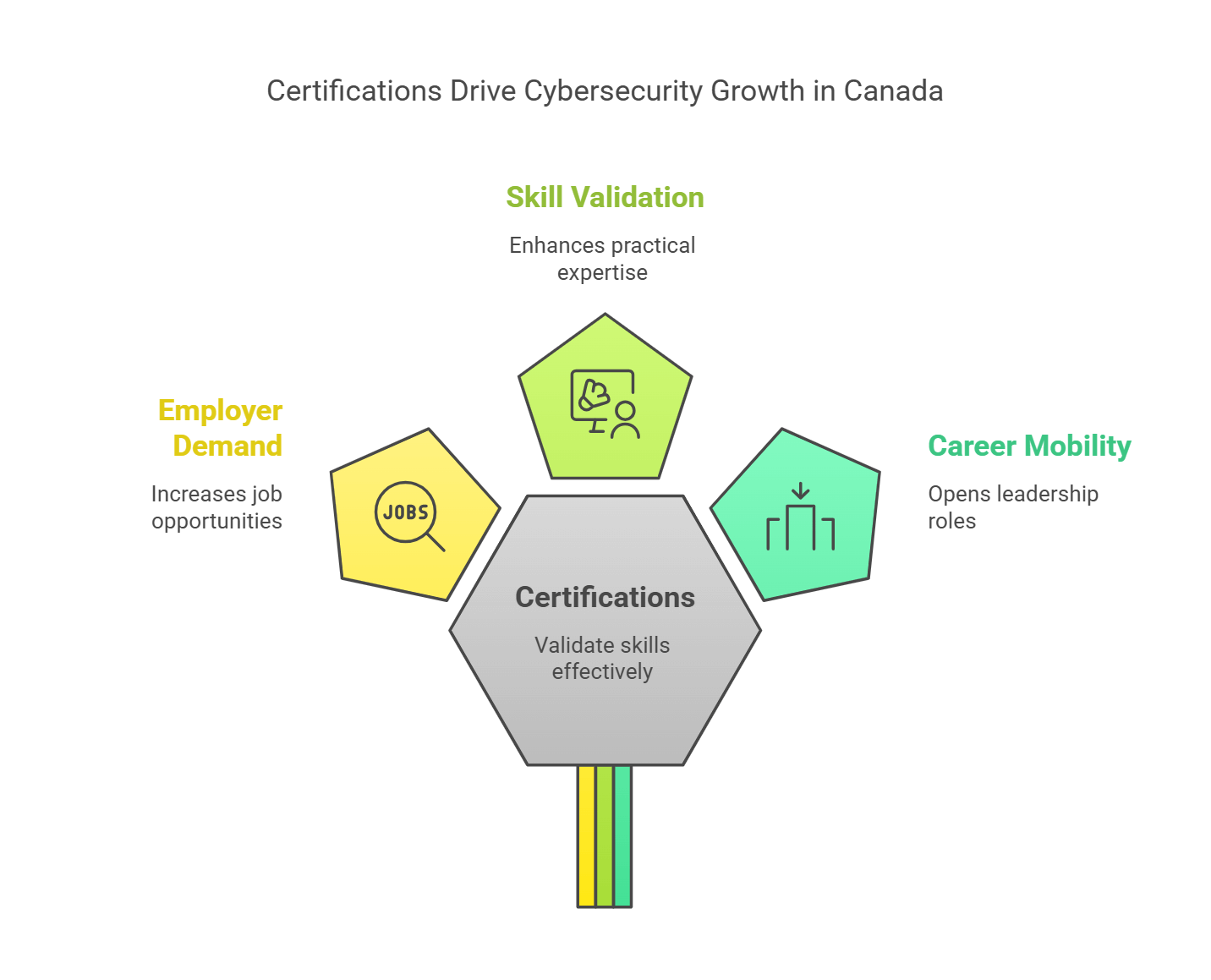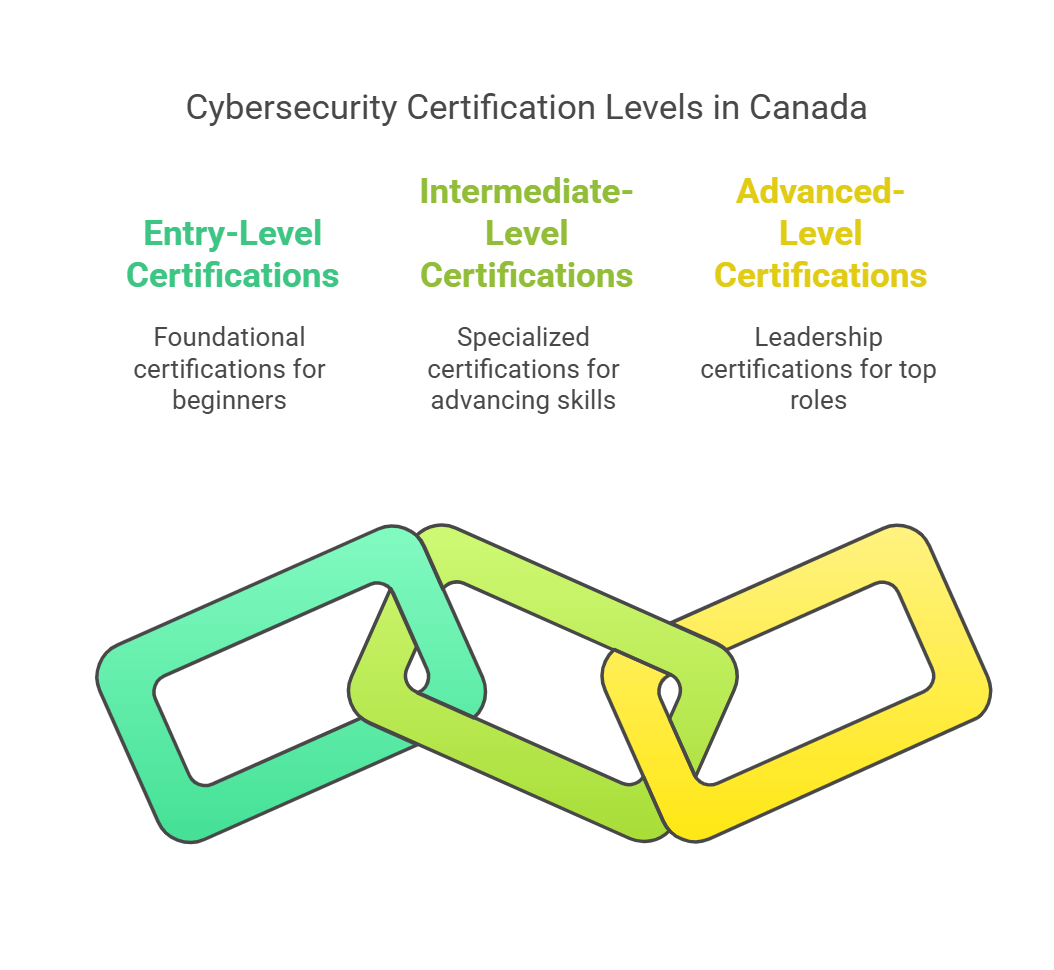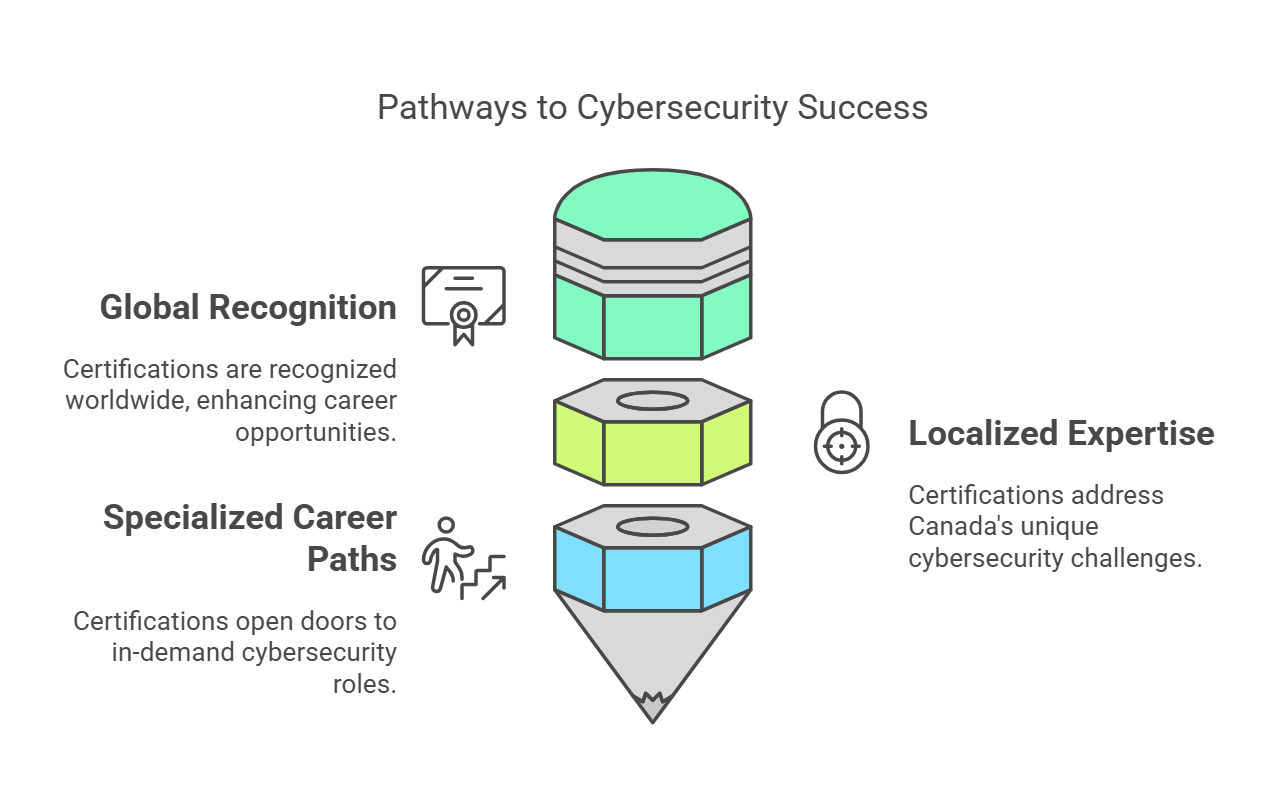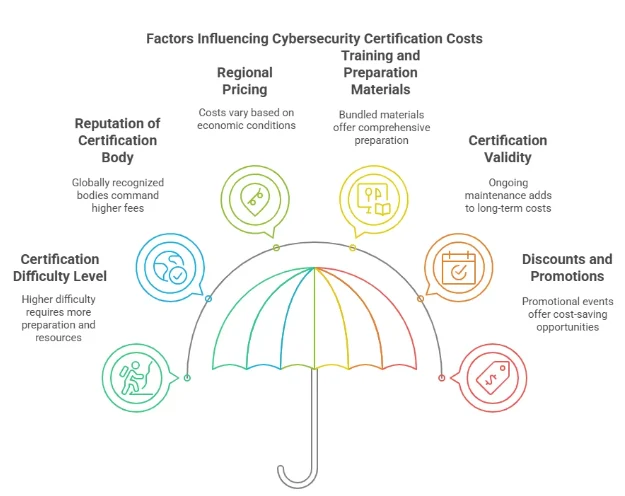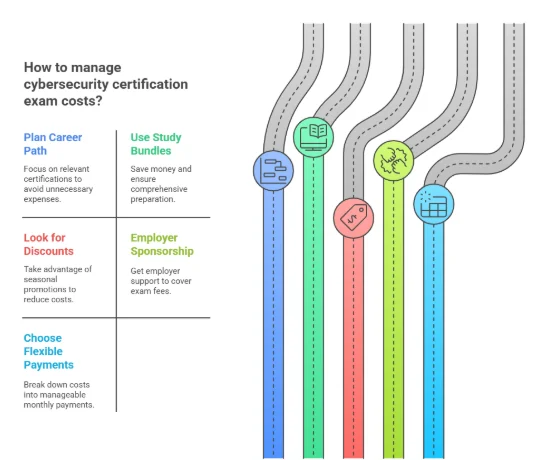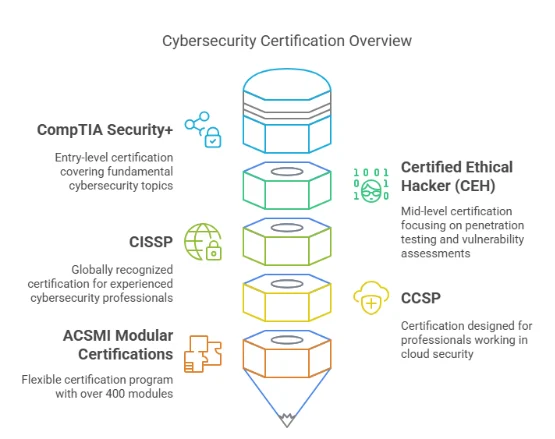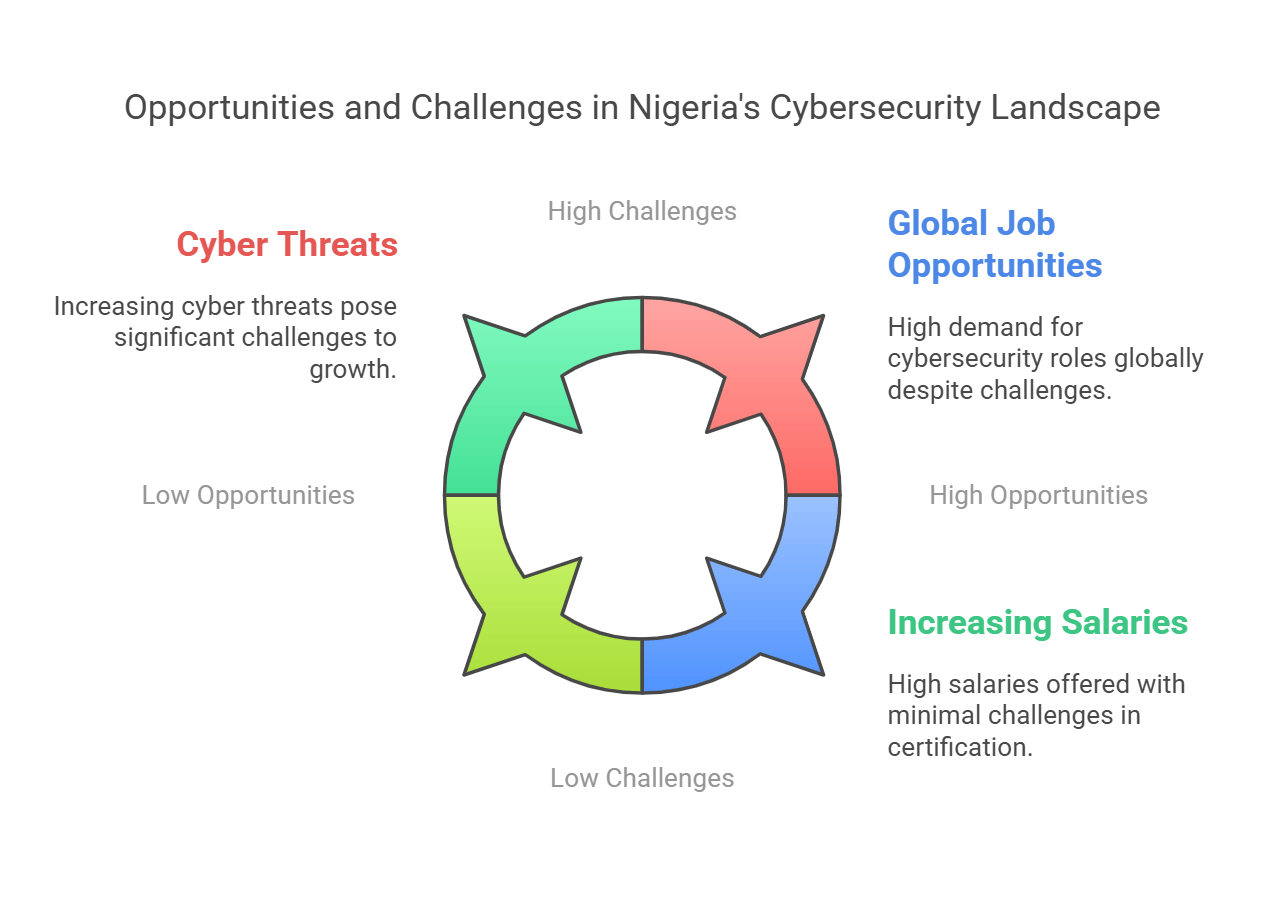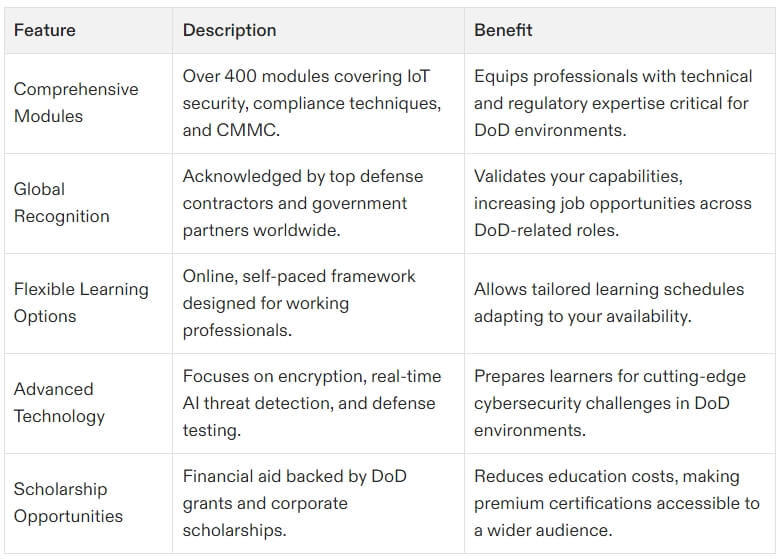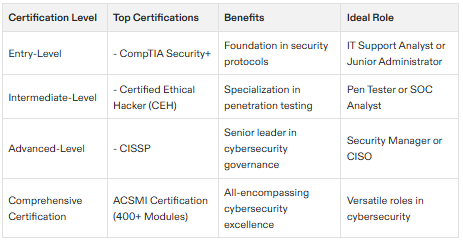Table of Contents
- Why Cybersecurity Certification ISACA Matters
- Key ISACA Cybersecurity Certifications
- Benefits of ISACA Certification in Cybersecurity
- How to Achieve Cybersecurity Certification ISACA
- ACSMI Modules
- FAQs About Cybersecurity Certification ISACA
- 1. Why choose Cybersecurity Certification ISACA?
- 2. How much does Cybersecurity Certification ISACA cost?
- 3. Can I pursue Cybersecurity Certification ISACA online?
- 4. How long does it take to prepare for an ISACA certification?
- 5. Are ISACA certifications complementary to other credentials?
- 6. What is the difference between ISACA certifications and ACSMI certifications?
- Final Thoughts
The growing number of cyber threats is amplifying the need for professionals with proven knowledge and practical skills. Leading this charge is Cybersecurity Certification ISACA, a globally respected designation that equips cybersecurity practitioners with top-tier expertise in information systems security, auditing, risk management, and IT governance.
ISACA certifications, including well-known ones like CISM and CRISC, empower you to address organizational challenges effectively, making you a valuable resource in today’s competitive cybersecurity landscape.
Why Cybersecurity Certification ISACA Matters
ISACA is renowned worldwide for offering certifications uniquely tailored to the cybersecurity landscape. By pursuing a Cybersecurity Certification ISACA, you gain more than just credentials—you acquire a globally recognized skill set that employers actively seek.
1. Global Recognition
ISACA certifications are benchmarks in the cybersecurity industry. These credentials enhance your credibility and demonstrate your commitment to best practices in governance, compliance, and security.
2. Comprehensive Skills for Critical Roles
Whether you aim to lead IT security teams or mitigate organizational risks, earning an ISACA certification ensures you’re equipped to tackle these responsibilities.
3. Career Growth and Opportunities
Many roles, such as Chief Information Security Officer (CISO) and IT Risk Analyst, specifically require ISACA certifications. As a result, your career trajectory sees a visible boost.
4. Standardized Learning Across Domains
ISACA’s certifications cover a wide spectrum, from cyber auditing to risk management, enabling professionals to diversify their expertise.
5. Earning Potential and Industry Demand
Certified professionals often command competitive salaries, with ISACA-certified experts earning 20-25% higher salaries than their non-certified counterparts.
Explore customized training solutions for ISACA certifications with ACSMI here.
Key ISACA Cybersecurity Certifications
ISACA certifications are versatile, catering to diverse interests and career paths in cybersecurity and governance. Below are the top designations under the umbrella of Cybersecurity Certification ISACA.
1. Certified Information Systems Auditor (CISA)
This certification is ideal for professionals who audit, monitor, and assess IT systems. It focuses on system control and compliance, ensuring organizations optimize operations while managing risks.
2. Certified Information Security Manager (CISM)
Designed for aspiring leaders, CISM emphasizes IT governance, security risk management, and program development. It’s perfect for professionals who aim for managerial roles in data protection and security compliance.
3. Certified in Risk and Information Systems Control (CRISC)
Aimed at risk professionals, CRISC certification demonstrates mastery in identifying and managing IT risks to achieve broader organizational goals.
4. Cybersecurity Nexus Practitioner (CSX-P)
This is a performance-based certification providing hands-on cyber defense training, including threat detection, mitigation, and incident response, making it perfect for technically inclined professionals.
5. CDPSE – Certified Data Privacy Solutions Engineer
Focusing on data governance and privacy solutions, CDPSE enables professionals to design and implement compliant privacy solutions.
Enhancing ISACA Certification with ACSMI
ACSMI’s certifications complement ISACA by offering modular training across specialized domains like advanced threat hunting, cloud security, and IoT protection. Combining ACSMI’s 400+ training modules with ISACA certifications ensures you have both theoretical understanding and real-world readiness.
Learn how ACSMI modules enhance ISACA certifications here.
Benefits of ISACA Certification in Cybersecurity
ISACA certifications are designed to provide tangible benefits for professionals and organizations alike. Here’s why they’re indispensable in today’s cybersecurity landscape:
For Professionals:
- Increased career opportunities in governance, IT auditing, and risk management.
- Enhanced technical knowledge, complemented by managerial expertise.
- Valuable networking within ISACA’s global community of certified professionals.
For Organizations:
- Improved IT governance through skilled, certified employees.
- Demonstrated compliance with global security regulations.
- Robust risk management based on standardized best practices.
How to Achieve Cybersecurity Certification ISACA
Pursuing a Cybersecurity Certification ISACA is a structured process requiring focus and dedication. Here’s how to get started:
Step 1 – Understand Certification Requirements
Each ISACA certification has specific experience, educational requirements, and eligibility standards. Research these sets of requirements before moving forward.
Step 2 – Enroll in Preparation Programs
Preparation courses, such as those offered by ACSMI, can provide the training you need. ACSMI modules deliver a structured approach, covering ISACA’s domains thoroughly.
Step 3 – Study Dynamically
Combine theory-based resources from ISACA study materials with hands-on practice. ACSMI’s labs allow you to simulate auditing processes, risk scenarios, and security program developments to reinforce your understanding.
Step 4 – Sit for the Examination
Once you meet the requirements and feel confident about the material, register for the respective ISACA exam. Certifications like CISA, CISM, and CRISC are available for testing throughout the year.
Step 5 – Maintain Certification
ISACA certifications require continuing professional education (CPE) units to remain valid. Ensure you stay updated and complete the necessary credits to maintain your designation.
ACSMI Modules
By pairing ACSMI’s practical training structure with your Cybersecurity Certification ISACA, you gain valuable skills needed to dominate a constantly changing cybersecurity environment.
FAQs About Cybersecurity Certification ISACA
1. Why choose Cybersecurity Certification ISACA?
ISACA certifications are globally recognized, providing a complete blend of technical, governance, and leadership skills necessary to excel in information security and risk management roles.
2. How much does Cybersecurity Certification ISACA cost?
Fees vary across certifications. For instance, exams like CISM or CRISC typically cost around $575 for members and $760 for non-members. Preparation and training costs depend on providers like ACSMI.
3. Can I pursue Cybersecurity Certification ISACA online?
Yes, ISACA exams are available at authorized testing centers and through remote proctoring systems online. Additionally, courses like those from ACSMI support self-paced online learning.
4. How long does it take to prepare for an ISACA certification?
Preparatory duration depends on the certification and your prior experience. Typically, you’ll need 3-6 months, with focused study and hands-on practice.
5. Are ISACA certifications complementary to other credentials?
Yes. Certifications like CRISC and CISM often align with or complement designations like CISSP or ACSMI certifications, providing a broader skill set.
6. What is the difference between ISACA certifications and ACSMI certifications?
While ISACA focuses on governance, auditing, and IT frameworks, ACSMI emphasizes real-world problem-solving through modular, hands-on training tailored for immediate application.
Final Thoughts
Cybersecurity Certification ISACA is an essential asset for anyone aiming to lead or strategize in IT security, auditing, and risk management roles. With their international reputation and industry relevance, ISACA certifications prove your dedication and preparedness in tackling current and emerging digital threats.
Enhance your ISACA certification experience with ACSMI’s 400+ training modules, which provide the specialized knowledge and hands-on experience needed to excel in today’s market. Prepare for success in a field that’s not only lucrative but empowering in its fight against sophisticated cyber adversaries.
